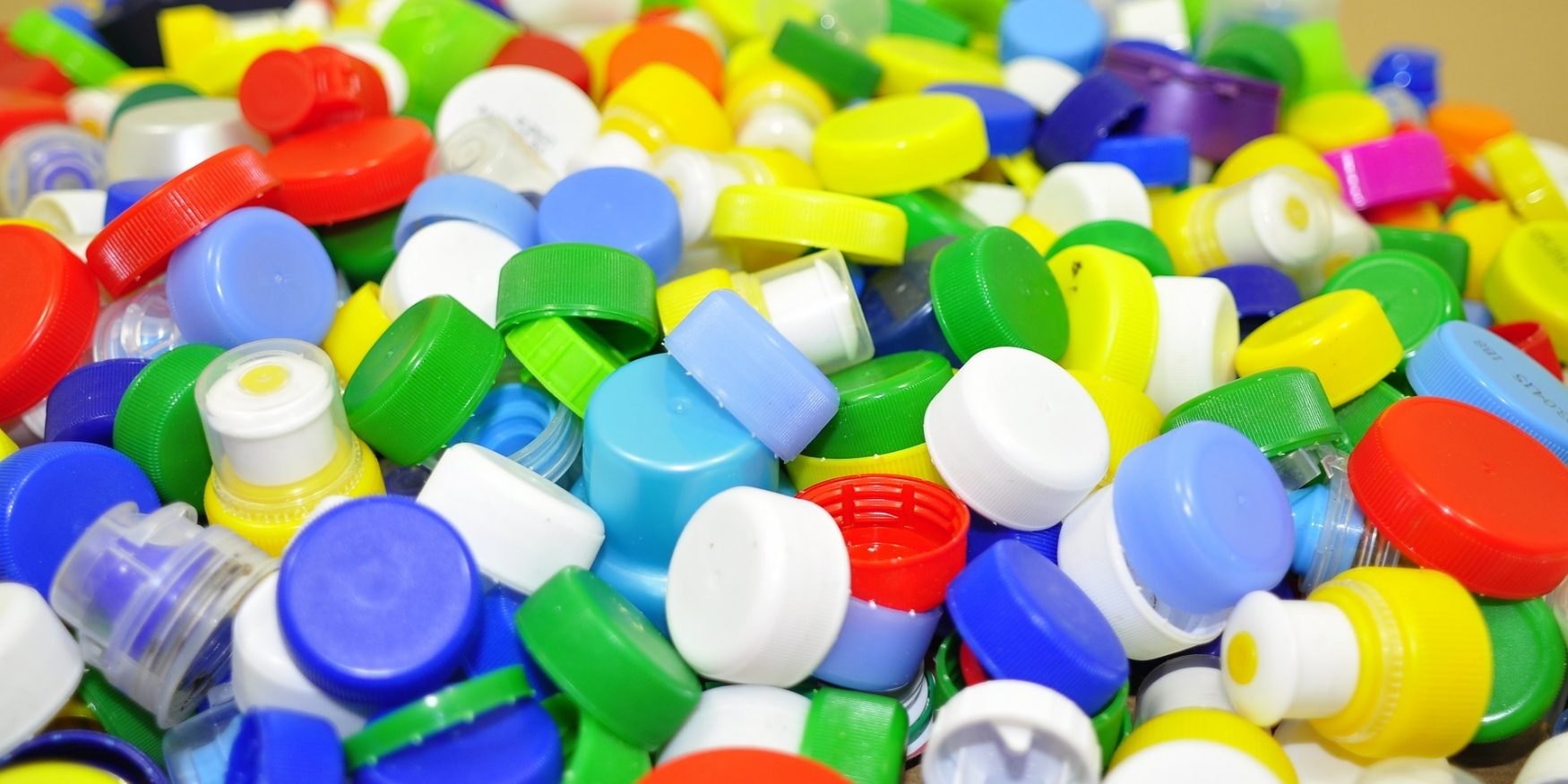Recycling by thermolysis and/or thermal pyrolysis of plastics
Thermolysis or thermal decomposition or thermal dissociation is a chemical decomposition caused by heat.
It consists of heating waste materials to a moderate temperature (350 to 650°C) in the absence of air, during which the waste materials are decomposed into a solid phase (thermolysis coke), a liquid phase (thermolysis oil or hydrocarbon mixture) and a gaseous phase (thermolysis gas).
This gaseous phase contains a non-condensable fraction (hydrogen, methane, carbon oxides, hydrocarbons, etc.) and a condensable fraction consisting essentially of water and more or less heavy oils.
Our strengths
- Materia Nova develops and optimizes pyrolysis / thermolysis processes.
- Expertise in oil polymerization by plasma, carbon recovery, functional coatings, etc.
- Plasma reforming on flue gas to synthons, avoiding if possible burning them.
